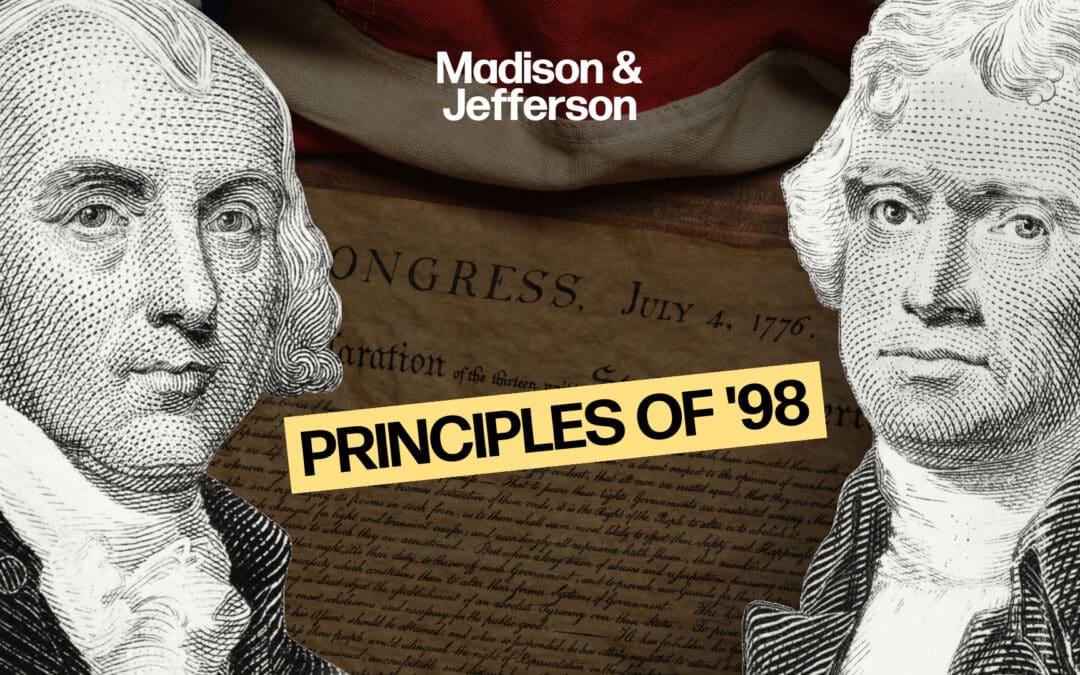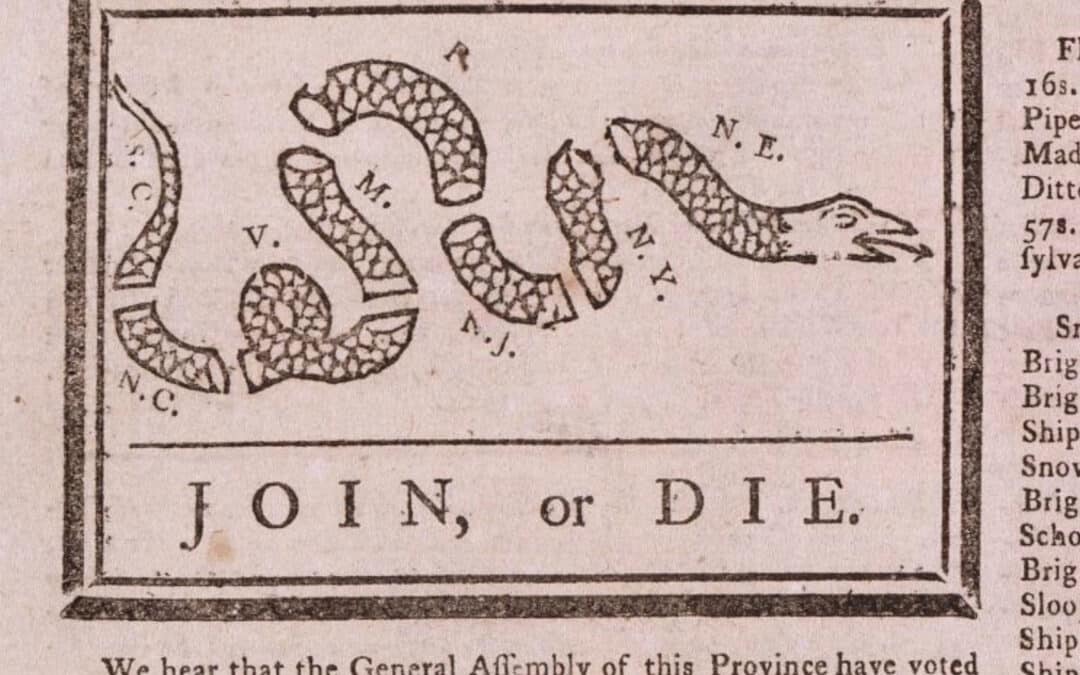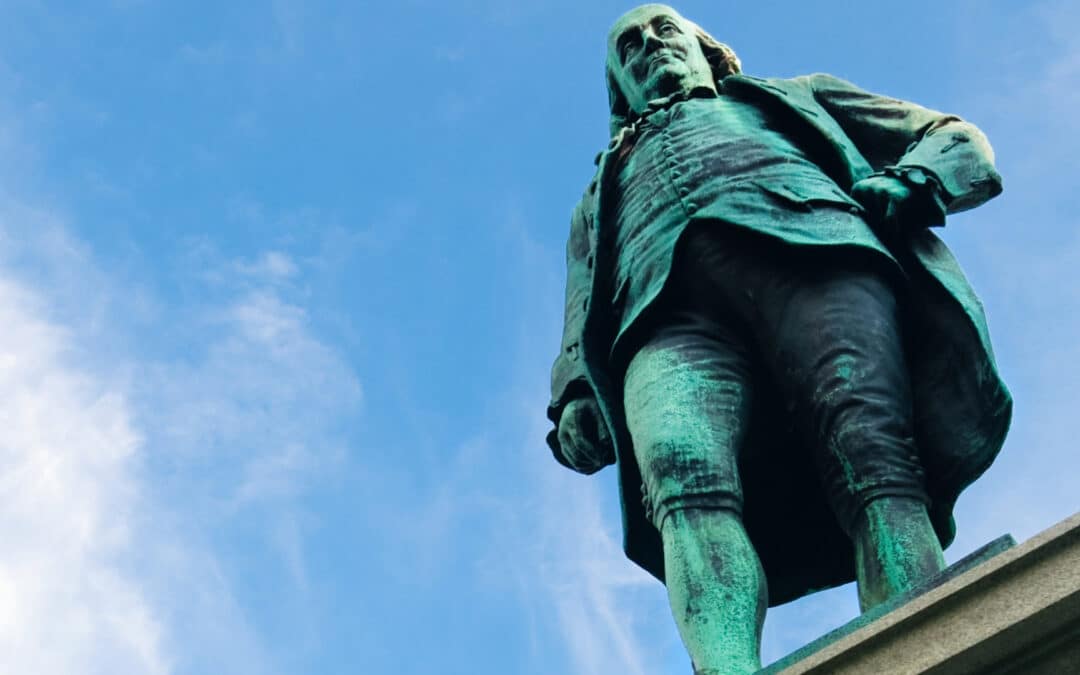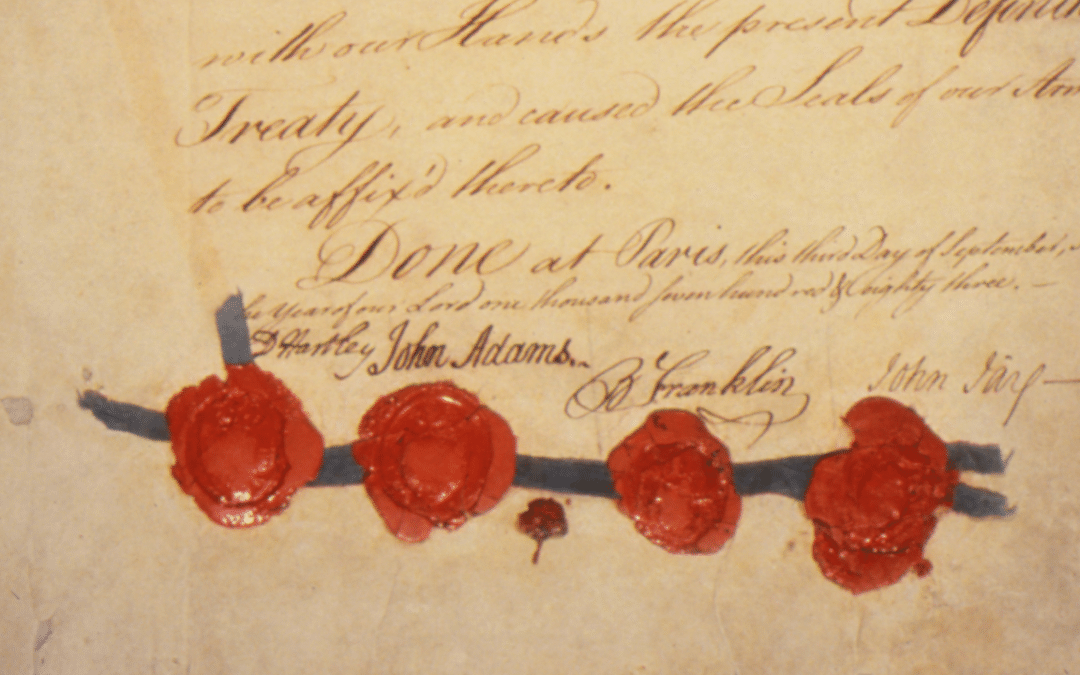


The Albany Plan: Benjamin Franklin’s Forgotten Call for Colonial Unity
On May 9, 1754 – just about a month before the Albany Congress was set to meet – Benjamin Franklin published his famous Join or Die political cartoon in The Pennsylvania Gazette, symbolizing his now long-forgotten call for a colonial union. Although it was...
The Satirical Genius of Benjamin Franklin’s 1774 Letter to Lord North
“A friend to military government.” That’s not what we’d expect from one of the leading supporters of American independence, but that’s just how Benjamin Franklin signed his “Open Letter to Lord North.” While many American colonists confronted arbitrary British power...
The Treaty of Paris: How the War for Independence Almost Didn’t End
Signed on Sept 3, 1783 – the Treaty of Paris has long been called the formal end to the War for Independence. But the war didn’t officially end on that date with the signatures of Benjamin Franklin, John Adams and John Jay. The treaty, made with 13 free,...
